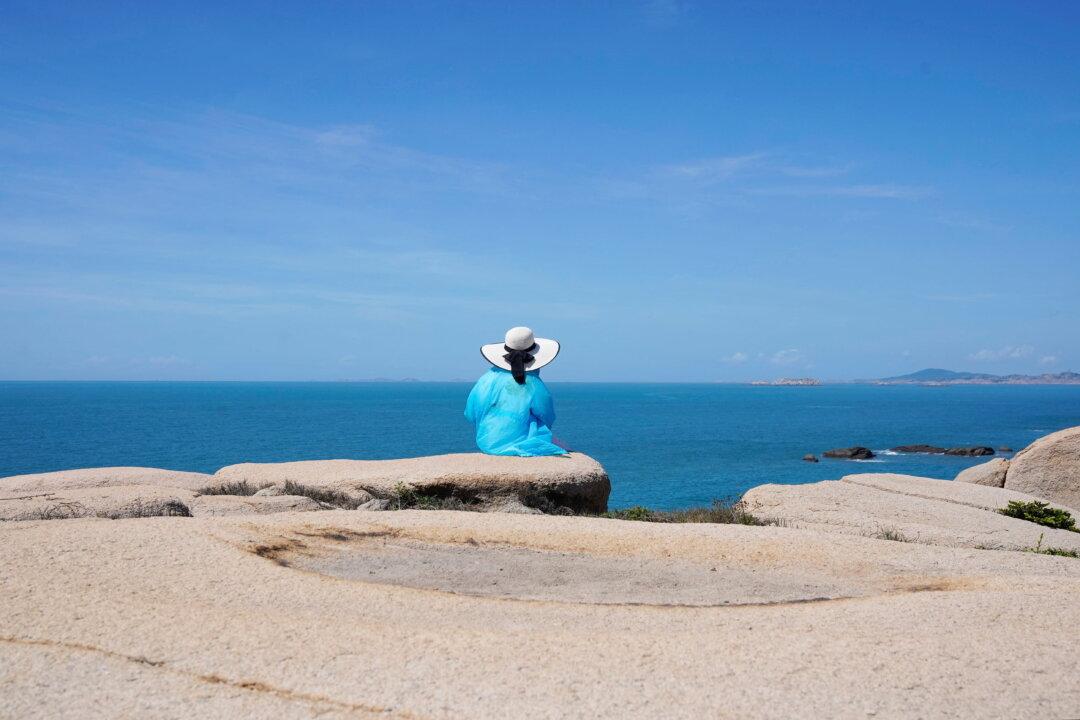SINGAPORE—The Chinese regime’s military exercises in the waters around Taiwan have prompted some ships to navigate around the Taiwan Strait and give the island a wide berth, disrupting key trading routes for cargo and commodities sailing around the world, analysts said.
Angered by U.S. House of Representatives Speaker Nancy Pelosi’s visit to Taiwan, the Chinese regime last Thursday began four days of military drills around the disputed island, including firing live missiles and deploying fighter jets.





